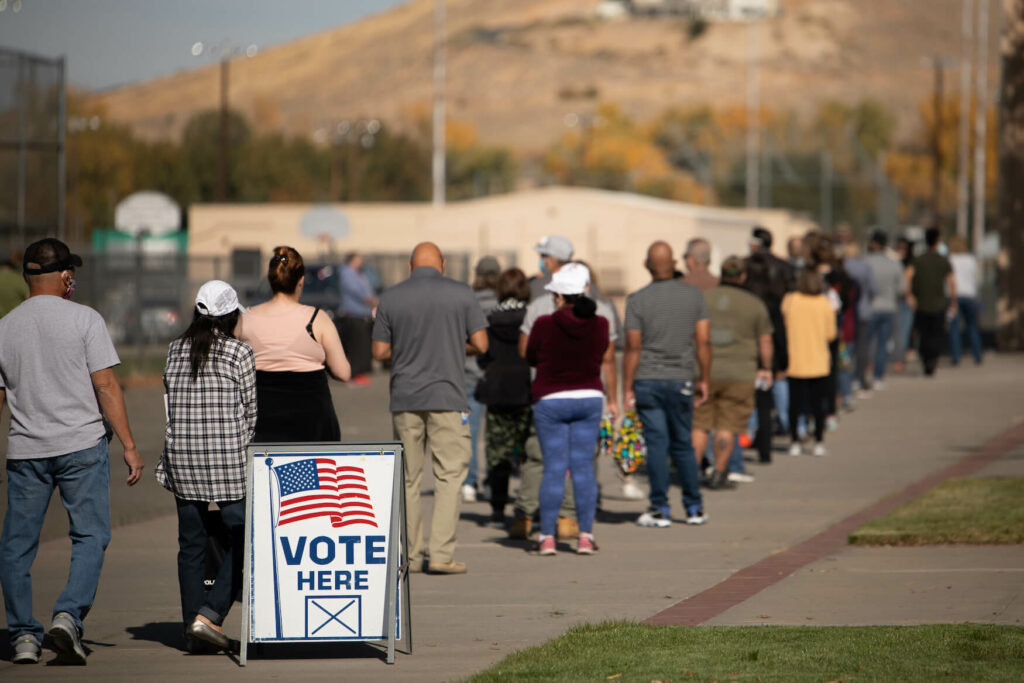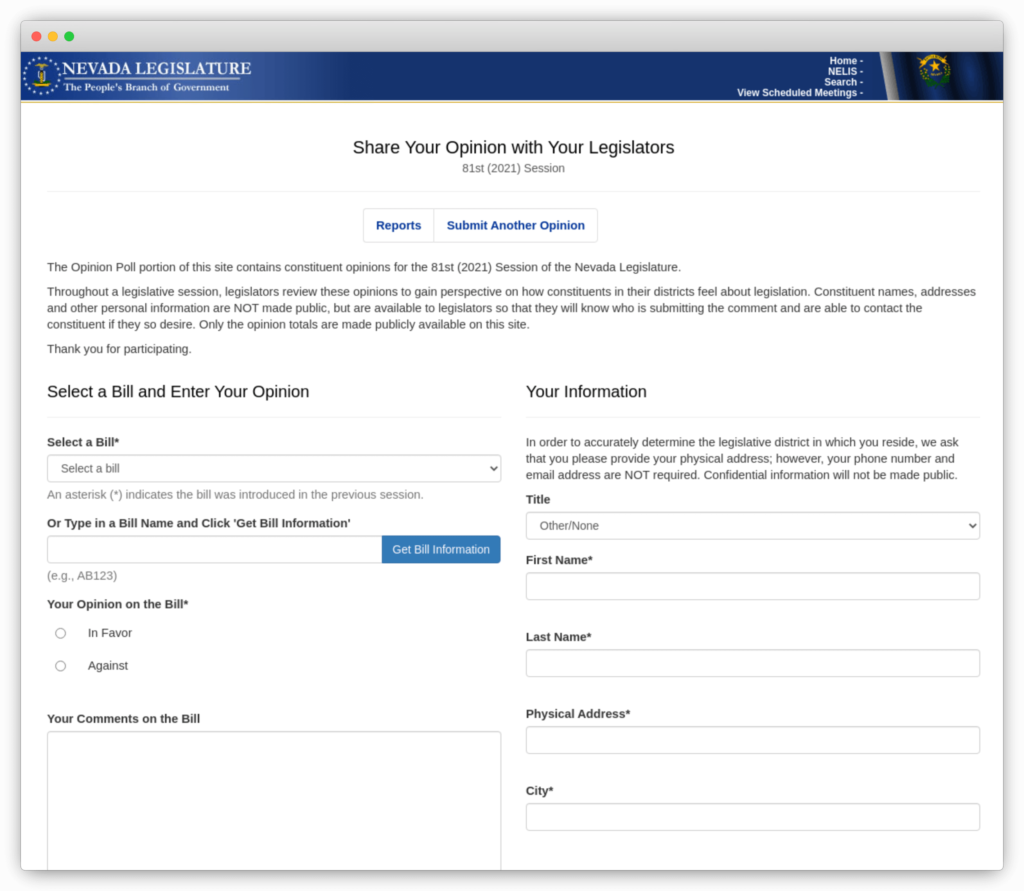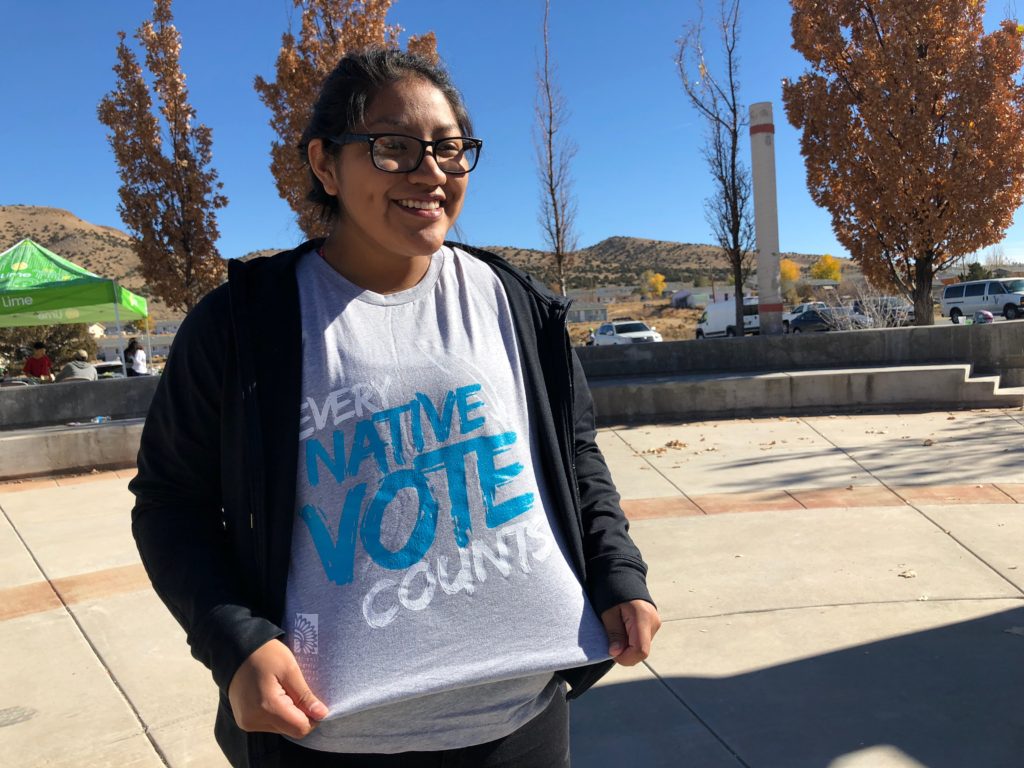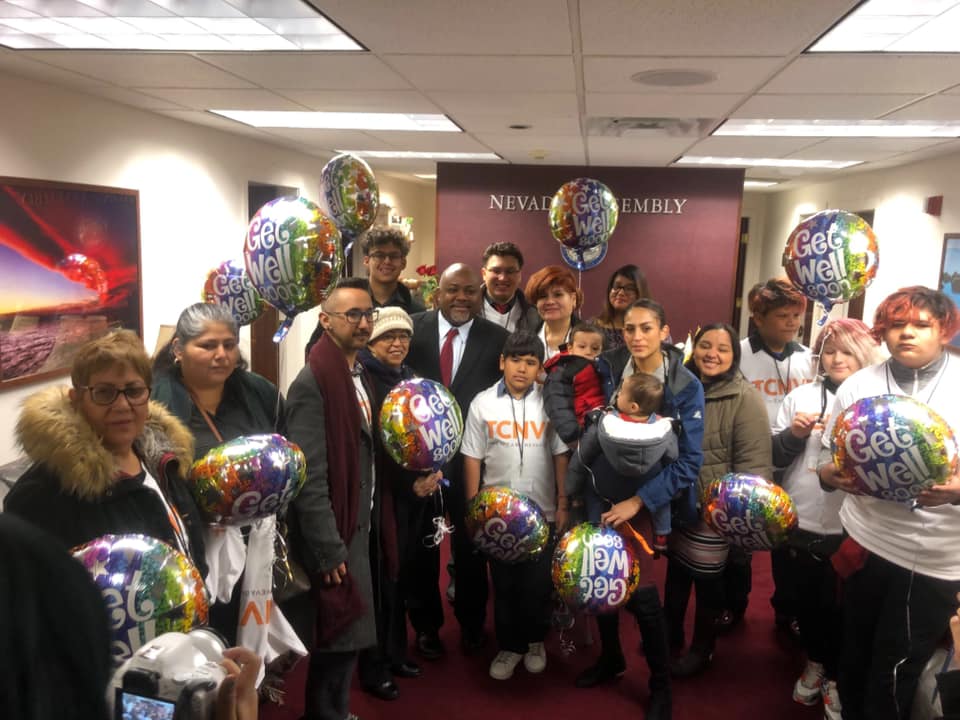Q&A: The Native Tuition Waiver Bill & Voting Rights in Nevada
This Q&A is excerpted from a State Innovation Exchange telephone townhall featuring Nevada Assemblymember Natha Anderson, Marla McDade Williams (TeMoak Shoshone), and Rani Williams (Agai Dicutta Numu - Walker River Paiute.)
Answers have been edited for length and clarity.
How will the tuition waiver bill (AB262) help Native communities?
Assemblymember Natha Anderson: AB262 would do two things:
(1) grant in-state tuition to students from federally recognized Native American tribes who do not reside in Nevada
(2) grant a full waiver for costs from the Nevada System of Higher Education to students who are members or descendants of federally recognized tribes in Nevada
So this is an opportunity for us to invest in our students.
It's also an opportunity to promote more professional diversity. For example, when I'm not serving in the Assembly, I'm a teacher. When I look around, I do not see many Native American teachers. There are a few, but we need more. Not just in education—we need to see more Native attorneys, doctors, bankers, realtors. It's not about the title; it's about that different point of view.
Lastly, the Native American community has given so much to Nevada. One thing that they gave, without their permission, was the land that the Nevada System of Higher Education started on. That was both in Elko, where our first university was opened, and also at the University of Nevada, Reno, where it currently sits. We need to recognize the mistakes of the past and do something different.
Natha Anderson
Can you tell us more about the "sundown siren" in Minden and efforts to limit it?
Marla McDade Williams: An amendment to AB88, the bill that would ban discriminatory mascot names, proposed limiting the sundown siren in Minden. Like racially discriminatory mascots, the siren is a symbol that continues to inflict trauma on Native people. When the dominant society holds on to offensive symbols, it's almost as if it's a way to continually remind Native people that they aren't worthy of respect. So legislation goes a long way to help heal some of the traumas that Native people have lived with for a very long time.
How would AB321 help voting access for Native Americans in Nevada?
Rainey Williams: AB321 formalizes several changes made during the coronavirus pandemic during the last election.
One such change is that the bill extends the deadline for tribes to request a polling place. And once that request is made, and the location is established, it cannot be moved or removed unless a tribe requests it itself.
Another thing this voting bill does is make the mail-in ballot system used during the 2020 election permanent. Offering a mail-in ballot system really breaks down a major barrier to voting for on-reservation tribal voters. It's not news to anyone in Indian country that there's difficulty accessing the polls because of how rural some locations are.

What is the significance of Swamp Cedars to Native people?
Marla McDade Williams: Swamp Cedars is of cultural importance to tribes that historically used the area for gatherings and spiritual ceremonies. It was also the site of massacres.
And the bodies and spirits of Native people killed there deserve respect, just like at the site of Little Bighorn. It's a huge step forward to recognize these historical areas and work with local tribes to protect them for their cultural value, and not just for their economic value.
I'm a student at the University of Nevada, Reno and I'm really interested in what other states are doing to build political power for Native communities.
Rainey Williams: I worked in Arizona, specifically for the last few election cycles for tribal communities. Tribes communicate with the elections departments constantly, even during off-cycle years when there's no voting happening. They discuss accessible polling locations, poll worker training, and how to get tribal members to become poll workers on the reservation.
And it was completely homegrown. It was tribal members informing others and making sure the word got out: "Hey, this drop off location is happening at this time. Please be there if you can."
It was really something to see. And if you followed the news during the election, you saw historic voter turnout on all Arizona reservations because of this grassroots effort.

How can Nevadans participate in the legislative process?
Marla McDade Williams: One way is to register to testify on a bill. And the other way is to submit an opinion on a bill. You do that by finding the bill on the legislature's website under the 2021 legislative session. Select the meetings link associated with the bill and then select, "Submit Opinion."



